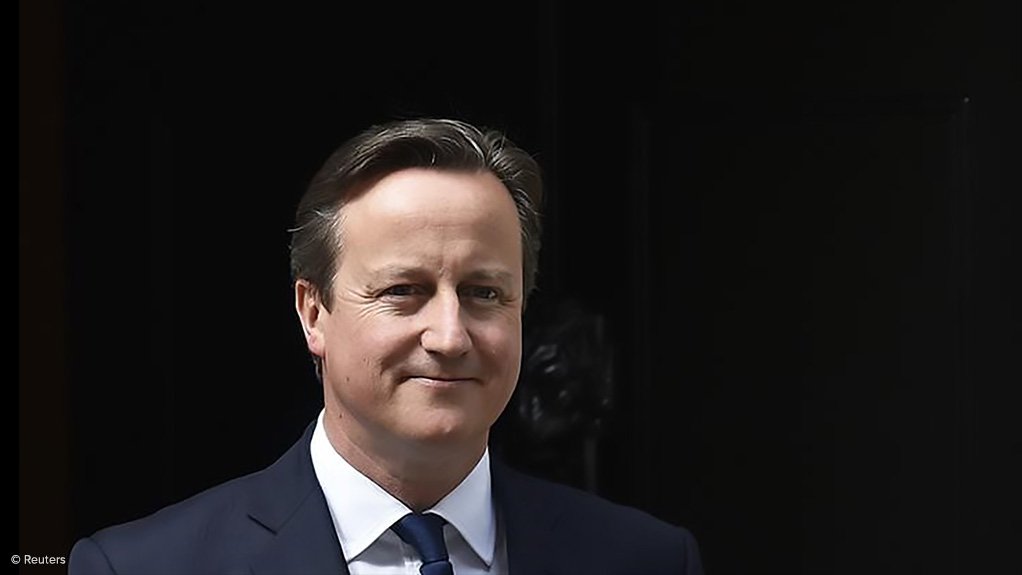/ MEDIA STATEMENT / The content on this page is not written by Polity.org.za, but is supplied by third parties. This content does not constitute news reporting by Polity.org.za.
The majority of citizens in the United Kingdom (UK) today voted in favour of leaving the European Union (EU). Shortly after the results were announced, the UK’s Prime Minister David Cameron announced his resignation and that he would be replaced by the beginning of October this year.
Cameron’s most likely successor is the previous mayor of London, Boris Johnson, a strong advocate for leaving the EU. The focus in the coming weeks and months will be on the type of deal that the UK will try and negotiate with the EU in terms of Article 50 of the EU Treaty, which deals with negotiations upon a decision to leave the EU.
Northern Ireland, London and Scotland voted overwhelmingly to remain part of the EU. It will be remembered that Scotland held an independence referendum in 2014 to decide whether or not to remain part of the UK. We may therefore see Scotland holding another referendum after the UK’s exit from the EU to decide on whether or not to remain part of the UK because of its abundant willingness to remain part of the EU.
“There is no doubt that we will see a lot of ups and downs in the financial markets as events unfold. Countries like France and others will watch the UK’s exit closely to determine whether or not they should follow suit and also leave the EU. The current situation is very volatile and must be approached with caution and without causing unnecessary panic in business and financial markets, as is already the case”, says Armand Greyling, Law and Policy Analyst for AfriBusiness.
Issued by AfriBusiness
EMAIL THIS ARTICLE SAVE THIS ARTICLE
To subscribe email subscriptions@creamermedia.co.za or click here
To advertise email advertising@creamermedia.co.za or click here











